Is Black Pepper a Fruit? The Spiciest Botanical Mystery Unraveled!
You’ve probably sprinkled black pepper on your scrambled eggs, mashed potatoes, or that questionable takeout from Tuesday night. But have you ever stopped mid-grind and wondered: "Is black pepper actually a fruit?" Well, prepare your taste buds and stretch those brain cells, because we’re diving into the spicy science behind this kitchen staple.
Table of Contents
- What Exactly Is Black Pepper?
- Botanical Breakdown: Fruit vs. Seed vs. Spice
- So… Is Black Pepper a Fruit?
- How Does It Compare to Other Spices?
- Spice Up Your Life: Practical Tips with Black Pepper
- Fun Facts About This Tiny Flavor Bomb
- Conclusion

What Exactly Is Black Pepper?
Let’s start with the basics. Black pepper comes from the vine Piper nigrum, native to South India but now grown in tropical regions around the globe. It’s often referred to as the “king of spices” — and let’s be honest, it earns that title every time you forget to put it on your pasta and regret it immediately.
The process is pretty fascinating:
- Ripened green berries are harvested
- They’re boiled briefly and then dried in the sun for several days
- This drying causes them to shrivel and darken, becoming the familiar black peppercorn
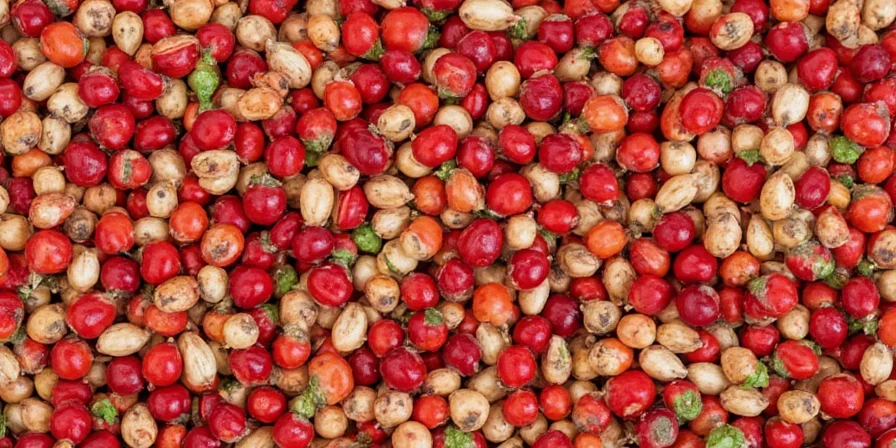
Botanical Breakdown: Fruit vs. Seed vs. Spice
To answer whether black pepper is a fruit, we need to brush up on some basic botany. Here's how plant parts break down:
| Term | Definition | Example |
|---|---|---|
| Fruit | A mature ovary of a flower, typically containing seeds | An apple, a tomato, a chili pepper |
| Seed | Plant embryo encased in a protective coat | Sunflower seeds, sesame seeds |
| Spice | Dried part of a plant used to flavor food (can include bark, roots, flowers, fruits) | Cinnamon (bark), ginger (root), saffron (flower stigma) |
So… Is Black Pepper a Fruit?
Short answer: Yes.
Longer, more satisfying answer: Also yes — black pepper is technically a fruit.
Here’s why: Each peppercorn is the dried fruit of the Piper nigrum plant. Before they’re dried and turn black, these little guys are soft, green, and packed with seeds inside. That means they fit the botanical definition of a fruit — a seed-bearing structure that develops from the flower’s ovary.
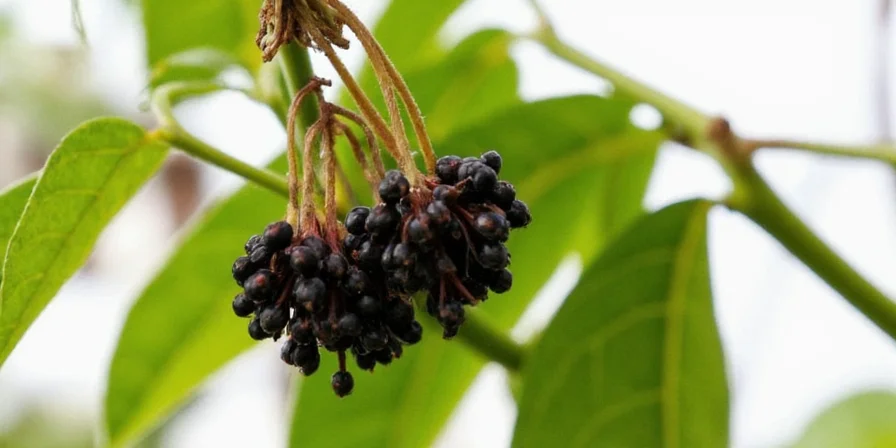
But Wait — What About Other 'Peppers'?
Hold up — if black pepper is a fruit, what about chili peppers, bell peppers, and Sichuan pepper?
- Chili peppers & Bell peppers: Technically fruits too! They develop from the flower and contain seeds.
- Sichuan pepper: A dried berry from the prickly ash tree — also a fruit.
How Does It Compare to Other Spices?
Let’s compare black pepper to other common spices to see where it stands in the great spice hierarchy:
| Spice | Plant Part | Fruit? |
|---|---|---|
| Black Pepper | Dried fruit | ✅ Yes |
| Cinnamon | Bark | ❌ No |
| Nutmeg | Seed | ❌ No |
| Allspice | Dried flower bud | ❌ No |
| Saffron | Stigma of the flower | ❌ No |
| Chili Powder | Dried, ground fruit | ✅ Yes |
Spice Up Your Life: Practical Tips with Black Pepper
Now that we know black pepper is a fruit, let’s make sure we use it like pros. Here are some game-changing tips for maximizing flavor and freshness:
1. Grind Fresh, Always
The moment pepper hits air, its volatile oils begin to dissipate. Pre-ground pepper loses aroma quickly. Use a grinder and add it at the end of cooking for best flavor.
2. Pair It With Fat
Piperine, the compound responsible for pepper’s bite, is fat-soluble. Add it to dishes with butter, oil, or cream for maximum punch.
3. Store It Smartly
- Whole peppercorns last indefinitely when stored in an airtight container away from light
- Ground pepper should be replaced every 6 months
4. Use White Pepper Sparingly
White pepper is just black pepper without the outer shell. It has a more earthy, less sharp flavor. Great for creamy soups where you don’t want black flecks to show.
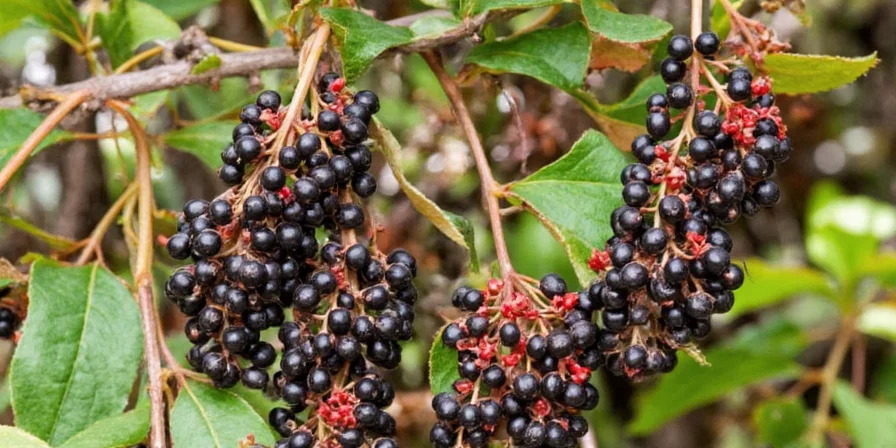
5. Don’t Overdo It
Too much pepper can overpower delicate flavors. Remember, you're seasoning, not trying to induce sneezing fits (unless that’s your thing).
Fun Facts About This Tiny Flavor Bomb
- In ancient Rome, black pepper was so valuable it was used as currency — kind of like Bitcoin, but tastier.
- The Dutch East India Company fought wars over control of the spice trade. Spice drama was real, folks.
- Black pepper can enhance nutrient absorption — especially curcumin in turmeric. So sprinkle a little on your curry!
- The spiciness in pepper isn't from capsaicin (like chilies) but from piperine — which can cause sneezing thanks to its irritant effect on nasal passages.
- Vietnam is now the world’s largest producer of black pepper, followed by Brazil and Indonesia.
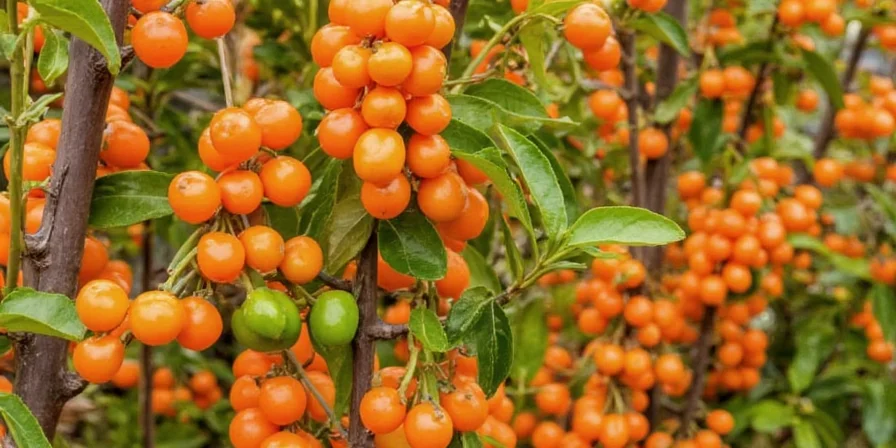
Conclusion
So, is black pepper a fruit? You bet your nose it is! Each peppercorn is a tiny, dried fruit packed with flavor and history. From its botanical classification to its role in kitchens and culture, black pepper deserves all the credit it gets.
Whether you’re a seasoned chef or a weekend sandwich artist, understanding what black pepper really is — and how to use it — can elevate your cooking from “meh” to “more, please!”
So next time you reach for that shaker or grinder, give it a nod of appreciation. After all, you’re holding one of nature’s most versatile fruits — and one of humanity’s oldest culinary companions.
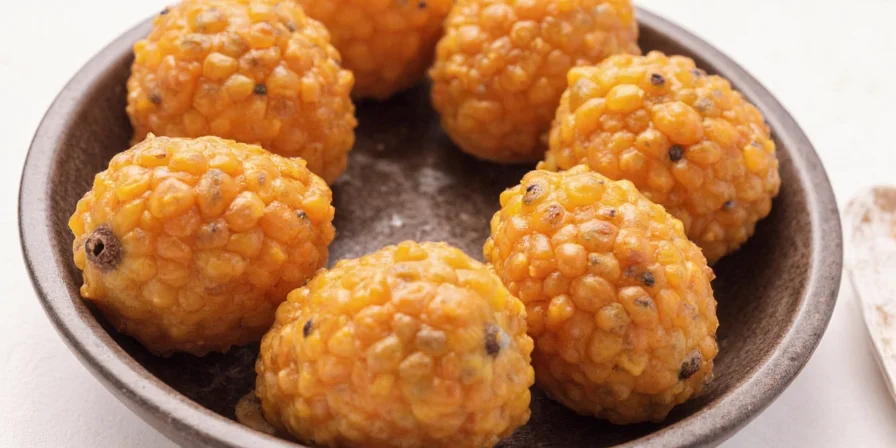
TL;DR — Is Black Pepper a Fruit?
- Yes, black pepper is a fruit — botanically speaking.
- It comes from the dried berries of the Piper nigrum plant.
- It differs from other spices like cinnamon (bark) or nutmeg (seed).
- Use it fresh, store it right, and never underestimate its power.










 浙公网安备
33010002000092号
浙公网安备
33010002000092号 浙B2-20120091-4
浙B2-20120091-4